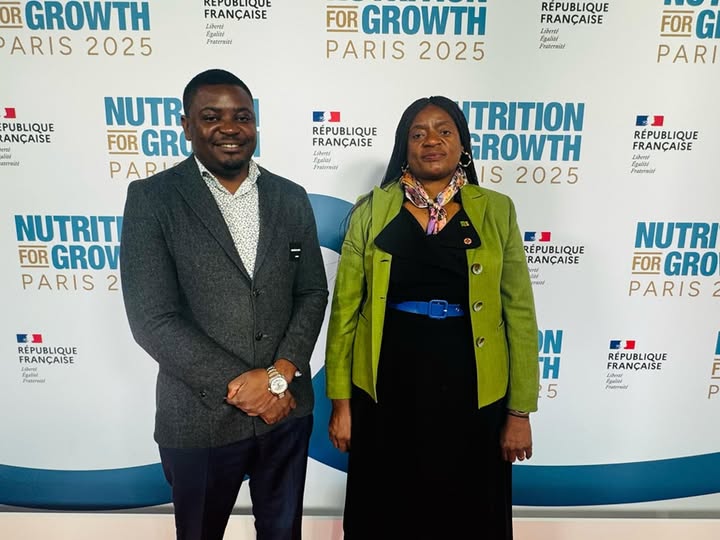Zambia Commits to Strengthening Nutrition Efforts Following Paris Summit
The Deputy Executive Director of the National Food and Nutrition Commission (NFNC), Mr. Mathews Mhuru, has praised the recently concluded Nutrition for Growth Summit in Paris as a vital platform for reinvigorating global nutrition commitments.
Speaking on Zambia’s participation, Mr. Mhuru, who also serves as the Scaling Up Nutrition country coordinator, highlighted the country’s proactive engagement in the summit’s preparatory activities. He noted that Zambia reflected on its past commitments, showcasing both achievements and challenges in the fight against malnutrition.
Mr. Mhuru emphasized that Zambia’s 2025 Specific, Measurable, Achievable, Relevant, and Time-bound (SMART) commitments are within reach, thanks to a whole-of-government approach that tracks progress and ensures accountability. Over 12 government ministries are actively involved, demonstrating a strong collaborative effort to fulfill Zambia’s nutrition targets.
He further revealed that the Nutrition Coordinating Committee, the highest governing body for nutrition coordination in Zambia, is dedicated to ensuring that the government meets its nutrition commitments. To this end, plans are underway to develop a comprehensive nutrition action plan to guide the achievement of these commitments. The Secretary to the Cabinet is engaging ministries to enhance coordination and effectiveness in delivering on these targets.
Addressing the importance of financial resources, Mr. Mhuru underscored the need for unlocking adequate financing to support nutrition initiatives. “Financing is key to ensuring that we have the resources available to support our nutrition initiatives,” he stated.
Zambia’s leadership in nutrition governance has garnered international recognition, with other nations looking to the country as a model for establishing robust coordination structures.
At the summit, Zambia made four key commitments, including reducing the prevalence of stunting among children under five from 32% to 15% by 2030 and ensuring that all 116 districts deliver an evidence-based integrated package of nutrition interventions to at least 90% of the population by 2030.
Additional commitments focus on strengthening the NFNC’s leadership to enhance multisectoral nutrition governance by 2026 and implementing a multisectoral Nutrition Information System across all 116 districts for timely reporting.



